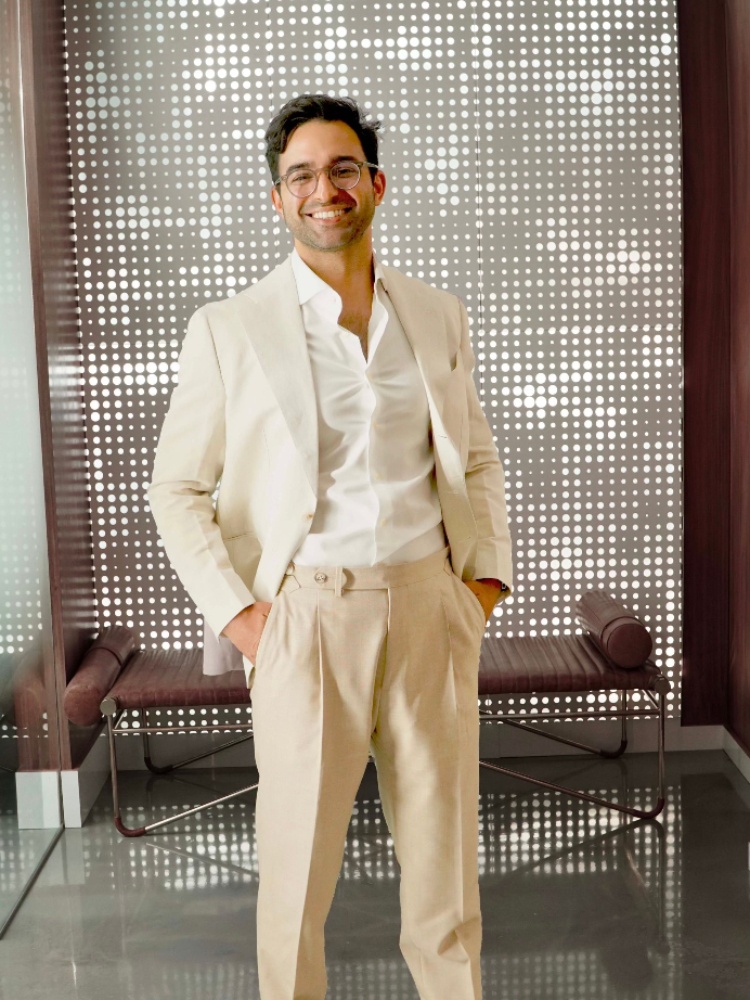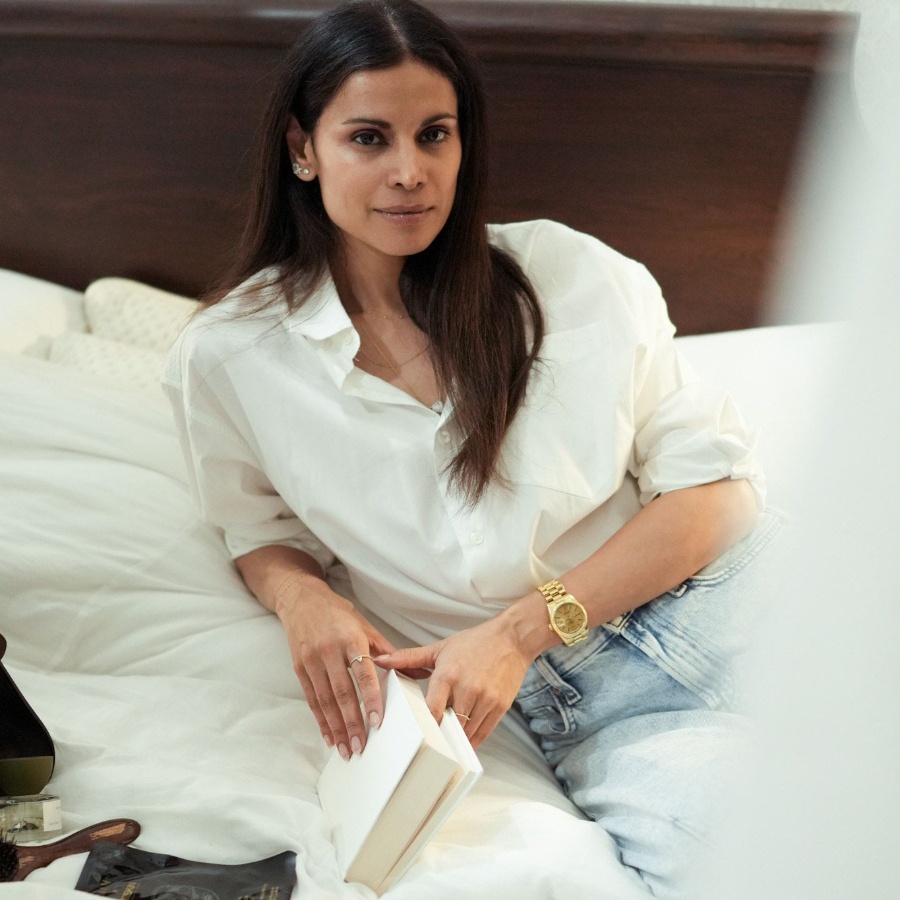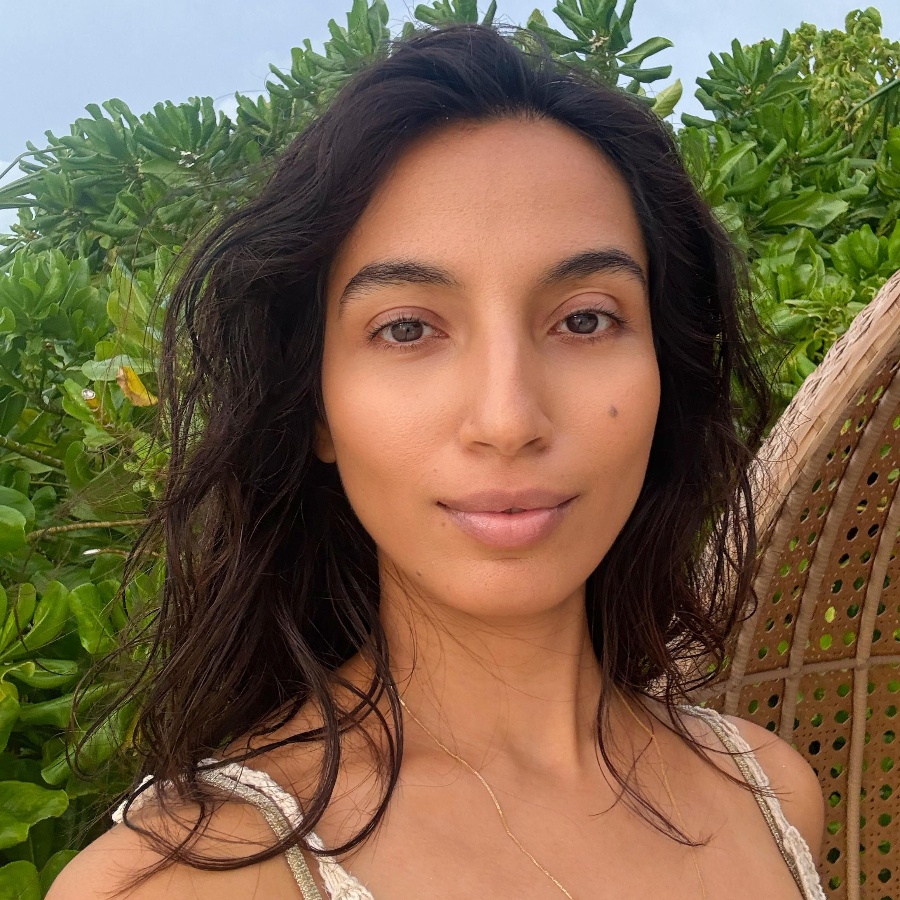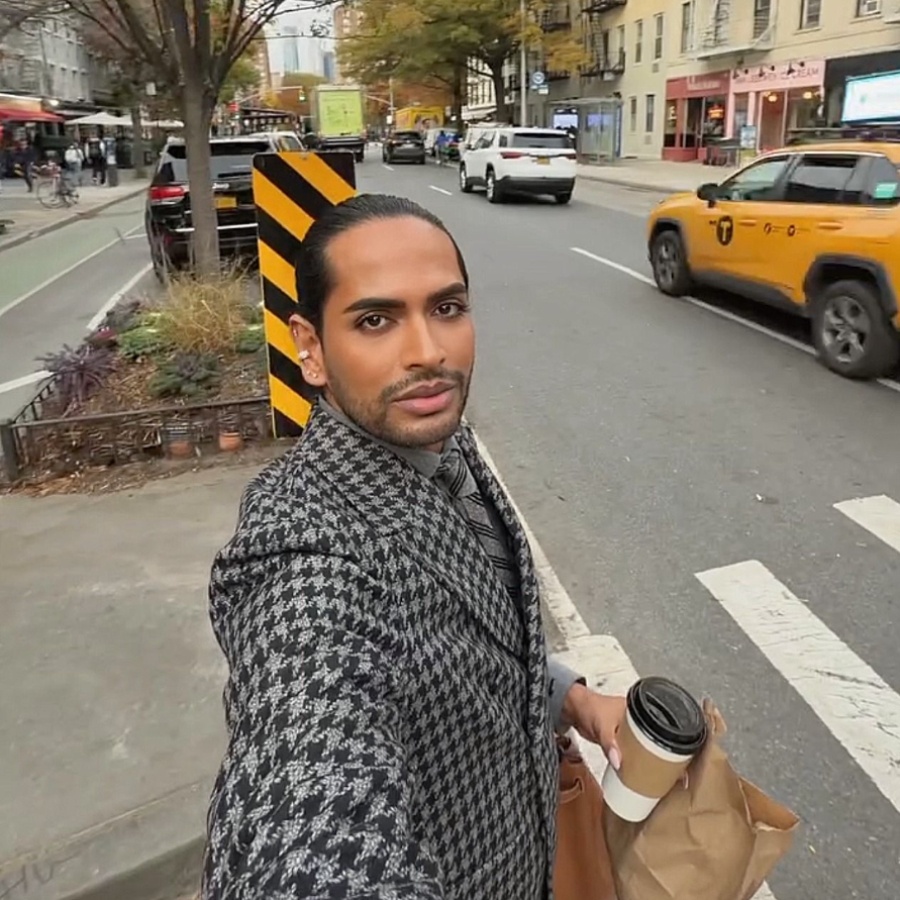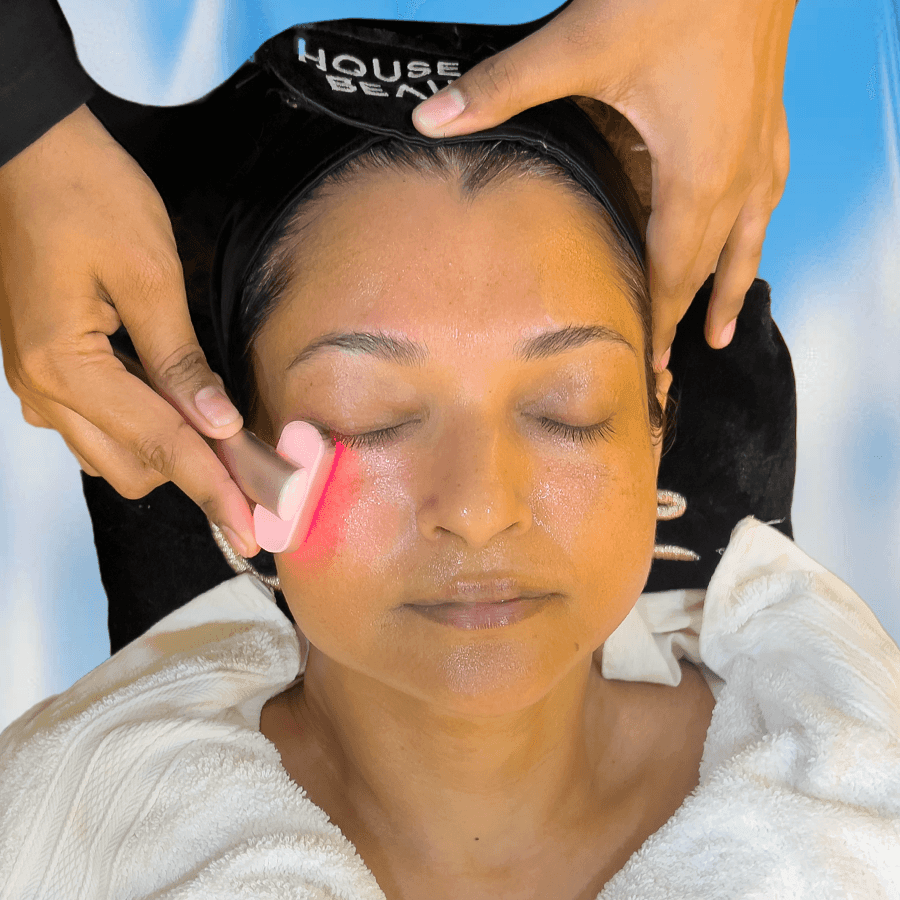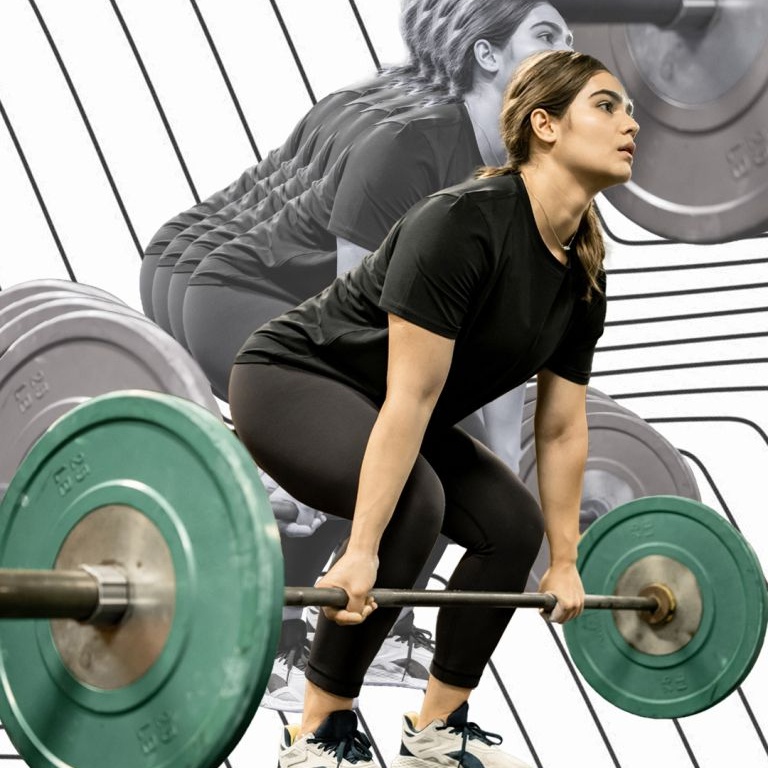Unlike most people, Dr Faryan Jalalabadi’s beauty-sleep routine starts the minute he wakes up. For the Los Angeles-based plastic surgeon, sleep is a lifestyle, one that goes far beyond the usual tips. He’s up by 6:30 am to get sunlight in his eyes to set his circadian rhythm, works out before breakfast to dodge late-night cortisol spikes, and won’t touch caffeine after 1 pm. The entire day is choreographed to maximise those nighttime Zs that he tracks on his Whoop.
In a city where chasing optimal wellness is practically a sport, the Houston Medical School grad—armed with a six-year residency at the prestigious Baylor College of Medicine and a fellowship at USC’s Keck School of Medicine—runs his namesake practice, Jalalabadi Plastic Surgery. On Instagram and TikTok, he’s known for debunking aesthetic myths, distilling complex science into bite-sized takeaways, and preaching the gospel of good sleep to his thousands of followers who’d like to age gracefully (or at least, knowledgeably).
Below, he walks us through his wind-down routine that’s “always evolving, much like science”, the snacks he swears by for better sleep, and why the key to drifting off might just be equal parts magnesium, vagus nerve stimulation, and vibes.
What time do you usually get home from work?
I’m back home from work by 6:30 pm unless it’s a long facelift day.
What’s the first thing you do when you get home?
I drink 30 oz of electrolyte water and watch the sun go down. Sometimes, I’ll take a drive to the oceanside and go for a walk at sunset.
Do you have a bath or shower routine that helps you unwind?
Absolutely. I try to go to the sauna every day on the way home as my schedule allows. I’ll end the sauna session with an ice-cold shower. Heating the core body temperature in the evening and that rebound drop in temperature has shown to help people fall asleep faster and stay asleep longer. Even if you don’t have access to a sauna, these benefits can also be achieved with a warm bath, shower, or steam.
What does your PM skincare routine look like?
My ‘dirty’ secret is I do not cleanse every day, but I also do not wear makeup! It’s just retinol and moisturiser. And if I’m feeling fancy, I’ll use a serum.
What are some rituals that help you relax?
After sunset, I switch to orange lights, as lights with a warmer wavelength don’t inhibit natural melatonin production like blue light does. This is why you should avoid bright white lights and screens close to bedtime. I play piano, spend time with friends and loved ones, enjoy a meal, watch a good film or TV series, and read.
What’s your go-to post-dinner indulgence?
I eat kiwis sometimes as they help with sleep. Cherries can help with sleep also. Walnuts are great and do not spike blood sugar—variety is good for the soul.
Do you avoid anything before bed?
I do my best to not work on before-and-after plastic surgery photos or education content before bed as this usually gets me very stimulated or wired. If I do, the next thing I know it’s 1 am.
You use a nerve stimulation device. How does it work?
I use a wearable neck collar that sends electrical current to the vagus nerve simulating the parasympathetic nervous system. It promotes the body’s rest and digestive functions. But beware of devices that over-activate the platysma muscle—this can potentially contribute to facial sagging over time! There are devices that stimulate the vagus nerve by clipping onto the ear, which may be a better choice.
Do you take any supplements to aid sleep or recovery?
I take magnesium glycinate and L-theanine.
Do you find a sensory environment helps you unwind or sleep better?
Absolutely. I have an air purifier, jasmine and lavender plants, and an aromatherapy diffuser in my bedroom. It is all about the vibes...even in our dreams.
What’s on your nightstand?
Books and a reading lamp.
Finally, what’s your top tip for a good night’s sleep?
Do not scroll social media before bed—doctor’s orders!
